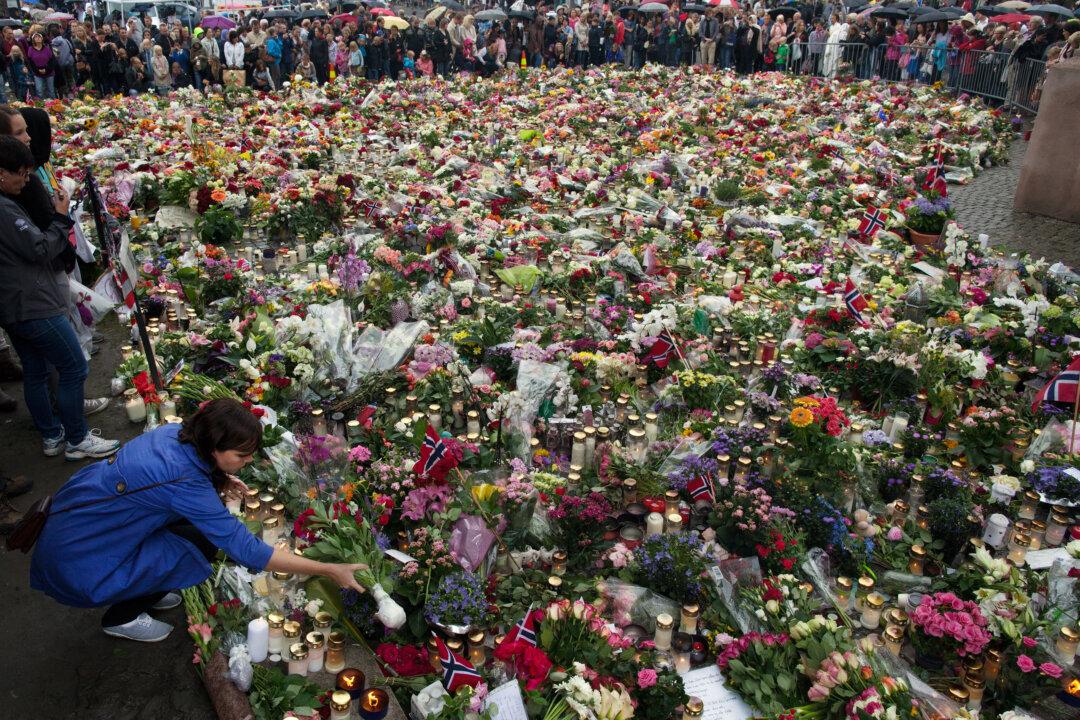DUBLIN—According to a recent speech by the EU Commissioner for Home Affairs Cecilia Malmström, more than 1,000 people are killed each year by gun violence in the Europen Union.
Despite the fact that the EU already has some of the toughest rules on firearms in place, its executive body—the EU Commission—is seeking to push stricter legislation. The commission seeks ways to curb firearms smuggling and to keep legally registered weapons out of criminal hands.
Divergences between national legislation among the 28 EU member-states make it easier for organized crime groups to exploit gaps in legal supply chains to obtain weapons and ammunition.
The debate surrounding gun control has mostly gone quiet in the European Union, but several mass shootings in recent years have brought increased attention to the topic.
Between 2000 and 2010 an estimated 10,000 people were killed by firearms. During the same period of time an estimated 332,014 people were killed by firearms in the U.S., according to the Centers for Disease Control and Prevention.
Gun Access and Origin
Malmström acknowledged that most legally held firearms are used for legitimate purposes by law-abiding people, who own them for hunting, sports shooting, and other recreational activities. An estimated 80 million firearms are legally held by EU citizens.
Article Continues after the discussion. Vote and comment
[tok id=ee7cf8d3b034b232527b3f1d031a9594 partner=1966]
However, firearms, which are legally registered, held, and traded often get diverted into criminal markets or to unauthorized people. In fact, according to the Schengen Information System, almost half a million firearms lost or stolen in the EU remain unaccounted for.
Many firearms are also illegally imported from third countries or are the result of the conversion of other objects into firearms.
Malmström said that, in addition, there is a growing concern about criminals sending parts of decommissioned weapons by regular mail to be reassembled by the buyer. Now there is even the possibility of manufacturing gun parts with 3-D printers.
Moreover, the illicit firearms trade is often closely intertwined with other serious crimes such as drug trafficking, human trafficking, and corruption.
The EU will likely seek restrictions on access to highly dangerous and automatic weapons for civilians, and reduce the risk of illegal delivery of firearms by postal services. Common EU-wide rules on how to deactivate firearms might ensure that once firearms have been taken out of use, they remain inoperable, said Malmström.
Guns in Unsafe Hands
According to Malmström, those responsible for mass shootings in schools in Tuusula and Kauhajoki in Finland, in Cumbria in the U.K., and Alphen aan den Rijn in the Netherlands were mentally unstable adults that were still able to procure licenses to possess firearms.
She said that in Winnenden, Germany in 2009, an adolescent used a pistol, which wasn’t in secure storage in his parents’ bedroom to kill 15 people. In the attacks in Liège, Belgium, in 2011, the gunman drew from a huge personal arsenal including military weapons and collectors’ items, which he had purchased and converted to terrorize Christmas shoppers in a packed square, killing five people and himself.





